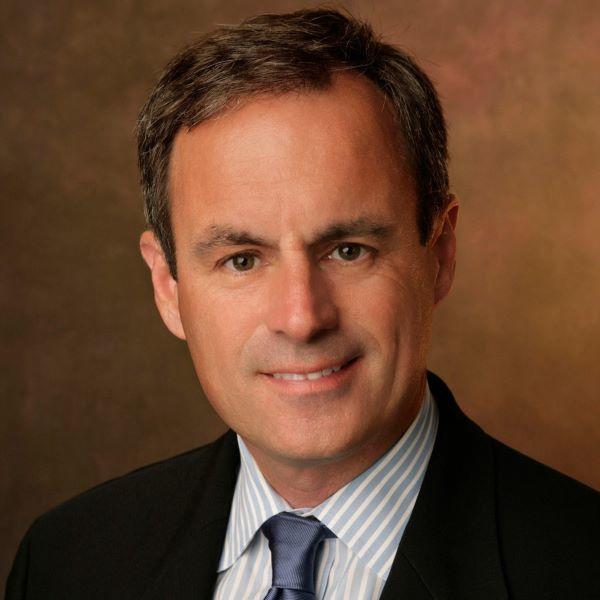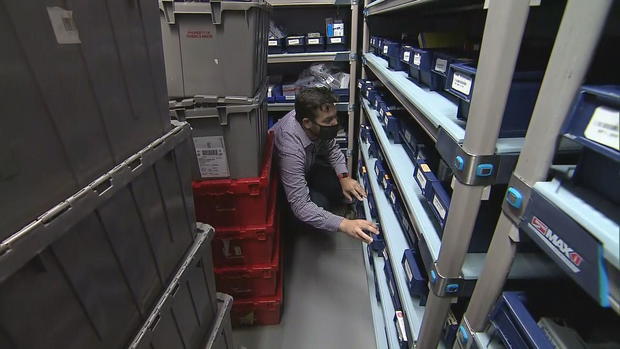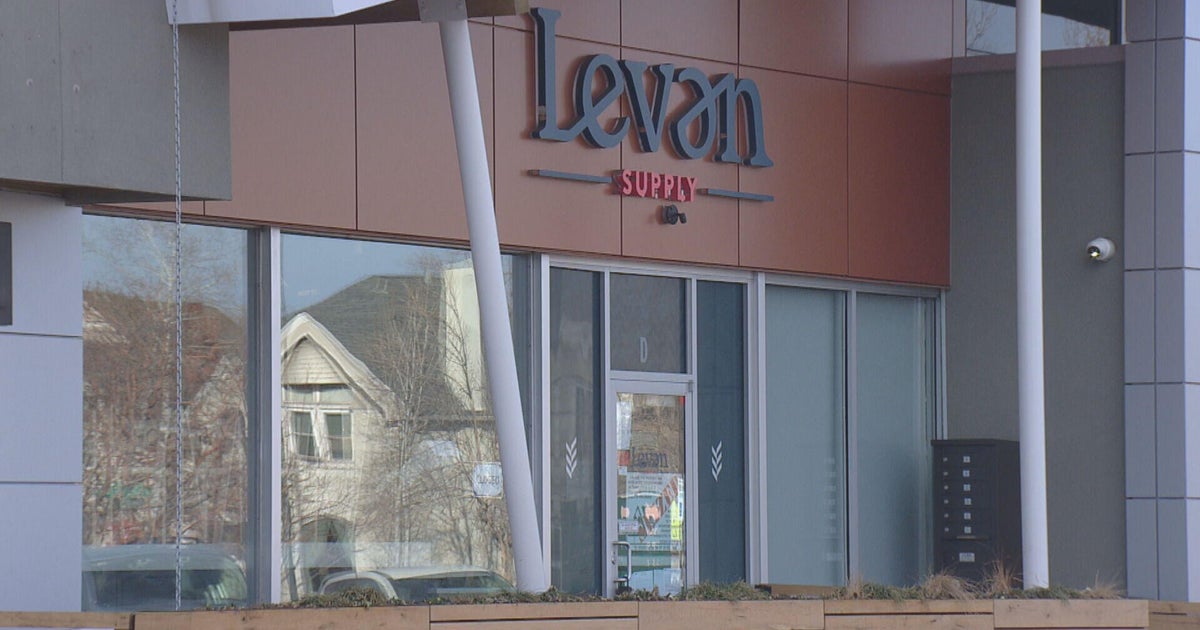Hospitals struggle with drug shortages as supply chain issues persist
America's hospitals are undergoing another emergency: The pandemic has worsened a decade-long shortage of hundreds of needed drugs.
At the University of Virginia's medical center, technicians are filling single-dose drug orders for nearly 700 patients. Assistant pharmacy manager Brian Spoehlhof's job is to find drugs in short supply.
"By the time I come in, we have a new list of new medications that are short," Spoehlhof said.
One example is the targeted anti-inflammatory tocilizumab. The drug is needed by both chemotherapy and COVID-19 patients, and there's not enough for all of them.
"What would happen if we run out of this, patients can't get important chemotherapy — and without that chemotherapy they could die," Spoehlhof said.
Spoehlhof said he is constantly looking for about 90 critical drugs.
"Once the product has run out, it's hard to find the product anywhere," he said.
The FDA currently lists 109 drugs in short supply nationally. The American Medical Association is calling the shortage an "urgent public health crisis" that "threatens patient care and safety."
According to the American Society of Health-System Pharmacists, three of the top five shortages are drugs used for chemotherapy, heart conditions and antibiotics.
With tocilizumab, UVA's hospital made a tough choice: Save it for chemo patients and deny it to COVID patients.
"It does mean that some patients are getting the drug that I would not ideally want to give them," said Dr. Patrick Jackson, an infectious disease physician who treats COVID patients at the hospital.
"For a lot of patients, it will feel very unfair," Spoehlhof said. "If I had a solution, we wouldn't be in this situation."
Various forces have caused this crisis. Trade restrictions, the pandemic, and complicated drug market forces are among them.
For now, hospitals do what they can — swap out drugs, cut dosages, or, worst case, deny patients the best medication.





